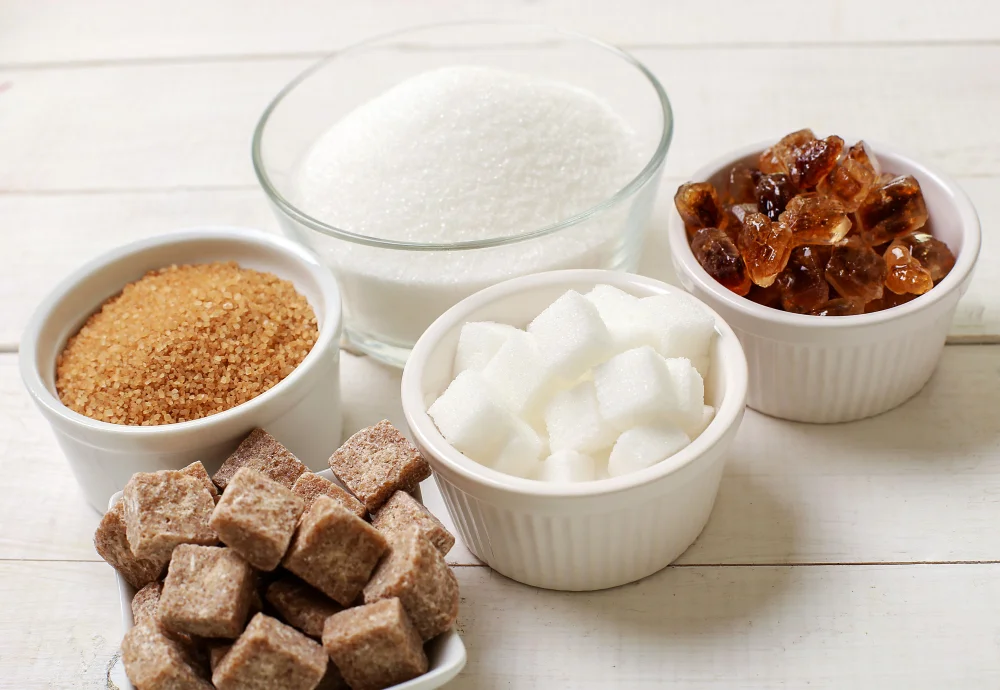Introduction
A comprehensive systematic review and meta-analysis, published in BMJ Open, has shed light on the potential relationship between the consumption of fructose-containing sugars and the risk of developing gout. Researchers from St. Michael’s Hospital and the University of Toronto have examined important food sources of fructose-containing sugars in relation to gout and discovered an adverse association with the intake of sugar-sweetened beverages (SSBs) and fruit juices. This article takes a closer look at the study’s findings, its implications for public health, and recommendations for reducing the risk of gout.
Background
Gout is a form of inflammatory arthritis, often characterized by recurrent attacks of a red, tender, hot, and swollen joint. The condition is caused by elevated levels of uric acid in the blood (hyperuricemia) that crystallize and are deposited in joints, tendons, and surrounding tissues. While gout has historically been associated with excessive consumption of meat and alcohol, recent studies suggest that fructose intake plays a significant role in its pathogenesis.
Study Overview
The study, “Important food sources of fructose-containing sugars and incident gout: a systematic review and meta-analysis of prospective cohort studies” (DOI: 10.1136/bmjopen-2018-024171), was published under the CC BY-NC license and investigates the link between fructose-rich food sources and the incidence of gout. Researchers included prospective cohort studies that analyzed the association between food sources of sugar and the development of gout or hyperuricemia.
Key Findings
The analysis involved three cohort studies encompassing 154,289 participants and 1,761 gout cases. When comparing the highest with the lowest levels of intake, researchers found a significant relationship between SSBs and fruit juice consumption and the increased risk of developing gout. Specifically, SSBs were associated with a risk ratio (RR) of 2.08 (95% CI 1.40 to 3.08), and for fruit juice, the RR was 1.77 (95% CI 1.20 to 2.61). On the other hand, fruit intake did not show a significant association with gout (RR 0.85, 95% CI 0.63 to 1.14).
The evidence for the adverse association with SSB intake was moderate, while the evidence related to fruit juice and fruit intake was of very low certainty. The study reveals a nuanced distinction in risk related to different fructose-containing foods and beverages.
Public Health Implications
The findings from this meta-analysis highlight the need for public health strategies to address the high intake of fructose-containing beverages as a potential risk factor for gout. While fruits did not show the same association, it is crucial for healthcare providers to educate patients on the risks associated with hyperuricemia and the types of diet that may contribute to the development of gout.
Dietary Recommendations
Given the findings, individuals at risk of gout may benefit from reducing their consumption of SSBs and fruit juices. Healthcare professionals should encourage moderation in the diet and recommend whole fruits over fruit juices. This approach aligns with broader dietary guidelines that advocate for the reduction of added sugars in combating various metabolic diseases.
References
1. Ayoub-Charette, S., et al. (2019). “Important food sources of fructose-containing sugars and incident gout: a systematic review and meta-analysis of prospective cohort studies.” BMJ Open, 9(5), e024171. DOI: 10.1136/bmjopen-2018-024171.
2. Choi, H.K., et al. (2008). “Soft drinks, fructose consumption, and the risk of gout in men: prospective cohort study.” BMJ, 336(7639), 309-312. DOI: 10.1136/bmj.39449.819271.BE.
3. Choi, H.K., et al. (2010). “Fructose-rich beverages and risk of gout in women.” JAMA, 304(20), 2270-2278. DOI: 10.1001/jama.2010.1638.
4. Gao, X., et al. (2008). “Vitamin C intake and serum uric acid concentration in men.” J Rheumatol, 35(9), 1853-1858.
5. Zgaga, L., et al. (2012). “The association of dietary intake of purine-rich vegetables, sugar-sweetened beverages and dairy with plasma urate, in a cross-sectional study.” PLoS One, 7(6), e38123. DOI: 10.1371/journal.pone.0038123.
Keywords
1. Gout and fructose intake
2. Fructose consumption and hyperuricemia
3. Sugar-sweetened beverages risk
4. Prospective cohort studies on gout
5. Prospective cohort studies on gout
